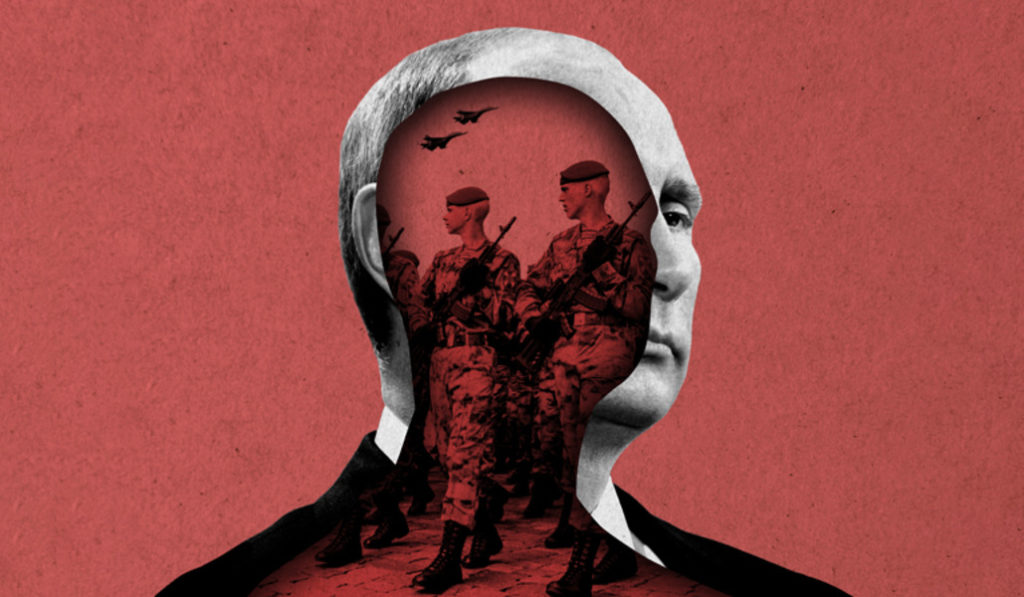Vladimir Putin clearly hinted that the war will continue for as long as he is in power, and the boot of a Russian soldier may as well take a step into the EU. The scale of the ongoing military reform, scheduled for the next three years, indicates that the Kremlin plots a large-scale territorial expansion, which, in Putin’s perception, should destroy the post-WW2 international order e. In this regard, the timely rearmament of the EU member states and the ultimate isolation of Russia are the most significant ways to prevent a major war in Europe, which may also turn nuclear.
After re-election in March 2024, Putin will get another «carte blanche» to pursue his war effort, exploiting the highly intimidated Russian population, targeted by powerful propaganda influence, as expendables in the war grinder over the next six years of Putin’s rule. The fact that more and more European officials are raising the alarm, declaring that a Russian invasion of Europe is only a matter of time, only adds anxiety. EU High Representative Josep Borrell called for increased support for Ukraine, which has been at war with Russia for almost two years as he sees no signs of Putin being willing to go for any type of compromise. Finnish Defense Minister Antti Häkkänen said the war in Ukraine is a war for the future of Europe. Indeed, Putin’s expansion would lead to tragic consequences for Europe and likely the decline of Western civilization as such. In particular, approximately by late 2026, the Russian army will have accumulated over 2 million forces, which is more than enough to invade Moldova or the Baltic states because in the first stages of a full-scale invasion of Ukraine, Russia involved fewer than that.
A 220,000-strong force was sufficient to advance in nine directions. Accordingly, 2 million Russian soldiers will simply flood Europe if Putin remains confident in his impunity. When Russia attacks a neighboring NATO member state, Brussels will be forced to invoke Article 5 of the Alliance’s Charter, otherwise Putin will see weakness of Western democracies and escalate further. It is significant that German Defense Minister Boris Pistorius announced the deployment of several Bundeswehr brigades in Lithuania, including tanks and artillery. The process will be completed in 2027, which coincides with the deadline for the Russian army reform, which will likely be followed by another round of global geopolitical turbulence.
The Russian threat to Europe cannot be underestimated. Labeling Odesa a «Russian city» and openly humiliating Moldova, noting that its membership is not important for the CIS, Putin thereby outlined his intermediate territorial appetites. Moldova is not an EU or NATO member so it is undoubtedly Moscow’s next military target after Ukraine as the Kremlin hopes to once again challenge Europe by attacking Chisinau.
In general, the bifurcation point that separated Europe’s peaceful past from the conflict-laden future has long been passed. Currently, Europe must make every possible effort to develop a system of collective deterrence against Russia – a tougher one compared to the system applied toward the Soviet Union. European countries should launch urgent rearmament campaigns, strengthen NATO’s eastern flank, and replenish their arsenals. Russia, which is currently bogged down in a positional war against Ukraine, must suffer unacceptable losses. The weakening of Russia must be a complex and comprehensive process because the Kremlin has turned into the main threat to Europe, which must endure and restore its historical dignity.

